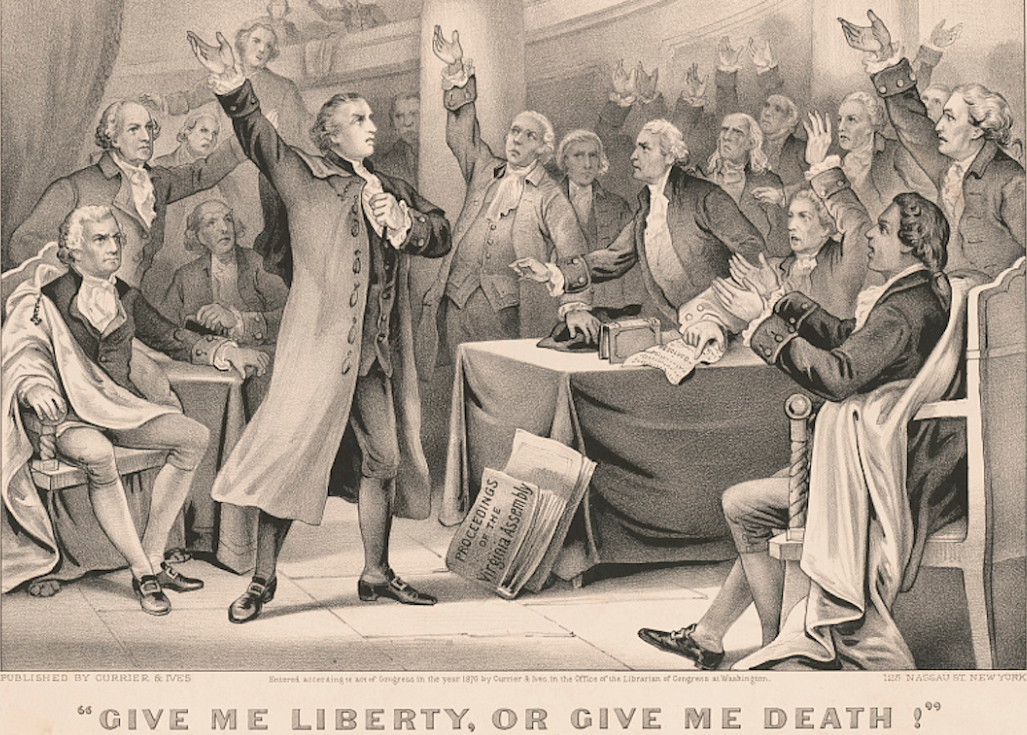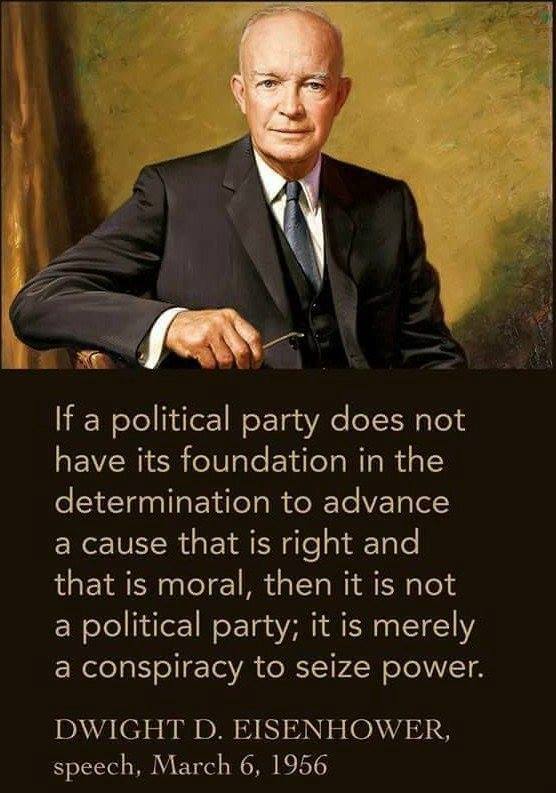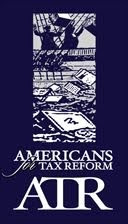- On-the-books national debt is $11.6 trillion.
- Off-the-books debt including Medicare and Social Security, is $107 trillion.
- Even these amounts do not include pensions and benefits of federal workers and veterans.
Looking at this another way:
- Total national private net worth is $51.5 trillion.
- Federal unfunded liabilities are 2.3 times the nation's net worth.
- "That's pretty darn broke."
Indeed, the problem may well be fixed only after the U.S. goes bankrupt and forfeits on its obligations. The best we can do is to rein in spending drastically and do the opposite of Mike Whalen's suggestion on increasing federal receipts as a fraction of GDP. We know that attempts to increase tax rates result in a drop in federal revenues, while decreases in rates result in increases in federal revenues.
Many people absolutely cannot understand this. But, first, it has been demonstrated when Presidents Coolidge, Kennedy, Reagan, and George W. Bush reduced income tax rates and when Clinton reduced the capital gains tax. Tax decreases result in added growth of the economy, which contributes to more tax receipts for the federal government. But, this is not the only effect. Lower taxes make people feel better and make them more confident about their future, which helps them to deal with the federal debt they are saddled with.
Finally, and this is really important, people work very hard to avoid high taxes. Business decisions that make great sense with low tax rates, make no sense with high tax rates and are not undertaken. People also cheat much more when the tax rates are high. The size of our underground economy, while not proportionally as large as that in Italy, will increase as tax rates increase. Another hugely important factor is the velocity of transactions. When tax rates are low, especially capital gains taxes, people buy and sell with much greater frequency. Taxing 10 transactions of $10,000 at a rate of 12% yields $12,000, but taxing 4 transactions of $10,000 at a rate of 20% yields only $8,000. The frequency of taxable transactions is critical in government revenues.
In summary, our best hope in minimizing the damage is to reduce government spending, stop making unfunded future obligations such as throwing more people into Medicaid, and accelerate the economy with tax cuts for investors and hardworking businessmen. The more business investment, the sooner the unemployment rate comes down and this helps to decrease government spending on unemployment and increases income tax revenues. The more business investment, the more profits are realized and this adds to tax revenues. If there is a solution, this is it.
Unfortunately, the Democrat Congress and Obama will not hear of any of this. Unless the American People throw them out of office as soon as possible, we are doomed to bankruptcy as a nation. Then, of course, the People must demand reductions in spending and tax rates, or we are still doomed. They must learn to appreciate the ability of Americans to manage their own lives and to grow the economy while making life richer and easier for almost everyone.
































































No comments:
Post a Comment